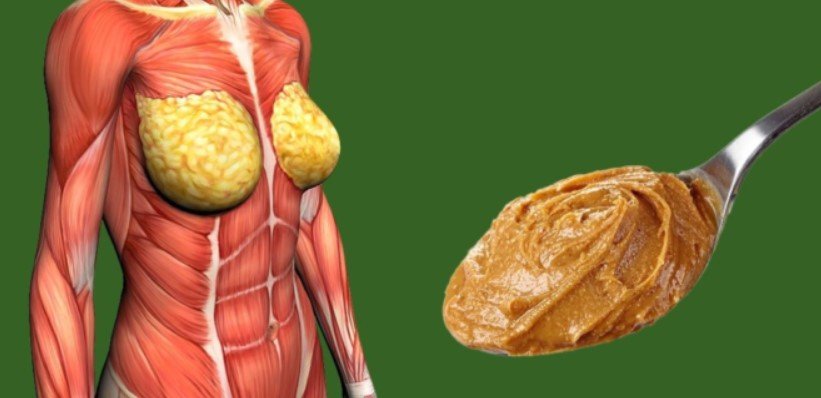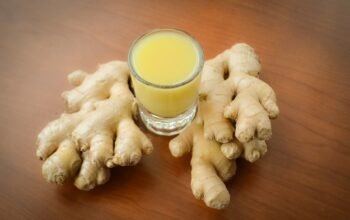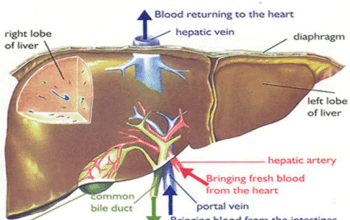Peanut butter is more than just a tasty spread – it’s a nutritional powerhouse packed with numerous health benefits that can enhance your overall well-being. From supporting heart health to managing weight and providing essential nutrients, this versatile food deserves a place in your balanced diet.
Nutritional Value: A Powerhouse of Vitamins and Minerals
One tablespoon of peanut butter delivers an impressive array of nutrients. It’s rich in protein, providing approximately 4 grams per serving, which helps build and repair muscle tissue. The healthy fat profile is particularly noteworthy, featuring monounsaturated and polyunsaturated fats that support metabolic health.
Key micronutrients found in peanut butter include:
- Vitamin E: A powerful antioxidant supporting immune function
- Magnesium: Essential for bone health and energy production
- Iron: Crucial for oxygen transportation in the blood
- Selenium: Supports thyroid function and reduces oxidative stress
- Vitamin B6: Important for brain development and function
Heart Health: Protecting Your Cardiovascular System
Research from Harvard University’s Nurse’s Health Study revealed compelling evidence about peanut butter’s cardiovascular benefits. Women who regularly consumed nuts and nut butters showed a remarkable 44% reduction in heart disease risk. This protective effect stems from the high concentration of unsaturated fats that help lower bad cholesterol levels.
The omega-3 fatty acids present in peanut butter contribute to reducing inflammation and improving overall heart health. By incorporating this nutrient-dense food into your diet, you can take proactive steps toward maintaining a healthy cardiovascular system.
Weight Management and Appetite Control
Despite being calorie-dense, peanut butter can be an excellent ally in weight management. The combination of protein and fiber helps trigger the production of peptide YY (PYY), a hormone that promotes feelings of fullness and reduces overall calorie intake.
A study published in the British Journal of Nutrition demonstrated that individuals consuming nut butter experienced increased satiety and were less likely to overeat throughout the day. By helping control appetite and providing sustained energy, peanut butter can be a strategic component of a weight management plan.
Skin and Hair Health
The biotin and vitamin E found in peanut butter offer remarkable benefits for skin and hair. Biotin, a B-vitamin, supports keratin production, which is essential for maintaining strong hair and healthy skin. Vitamin E’s antioxidant properties help protect skin cells from damage caused by free radicals, potentially slowing the aging process.
Diabetes Management
For individuals managing type 2 diabetes, peanut butter presents an excellent low-carbohydrate option that can help stabilize blood sugar levels. Its low glycemic index means it doesn’t cause rapid spikes in blood glucose, making it a smart snack choice for those monitoring their insulin response.
Smart Ways to Incorporate Peanut Butter
To maximize health benefits, choose natural peanut butter varieties without added sugars or hydrogenated oils. Consider these creative ways to enjoy peanut butter:
- Spread on whole-grain toast
- Mix into morning smoothies
- Use as a dip for apple or celery slices
- Blend into protein-packed energy balls
A Word of Moderation
While peanut butter offers numerous health benefits, moderation is key. Experts recommend limiting consumption to about two tablespoons daily due to its high calorie content. Always consult with a healthcare professional or nutritionist to determine the ideal portion size for your individual nutritional needs.
By understanding and embracing the multifaceted benefits of peanut butter, you can transform this delicious spread from a simple condiment into a strategic component of a healthy, balanced diet.






